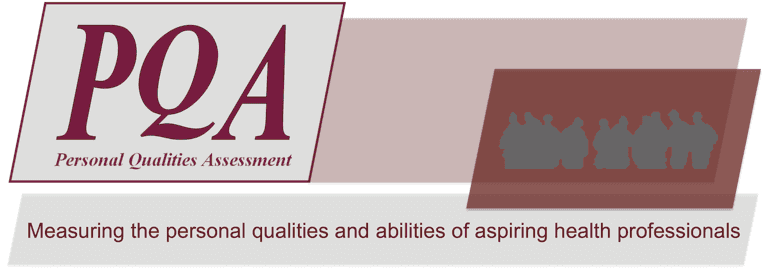Presentation at 6th Industrial and Organisational Psychology Conference, Gold Coast, Queensland, July 2005
(Australian Journal of Psychology 57, 2005 Supplement, p125)
Feenstra F, Munro D, Bore M
Beyond ethics in organisations: what is the psychology of ethical behaviour and can it be assessed?
With the widely publicised collapses of corporate entities such as Enron and HIH, and the problems with 'rogue traders' which have occurred for some of the major banks, organisations are seeking leaders who are 'ethical', 'moral', and 'display integrity'. But in a world where the race goes to the tough and ruthless, the question has become: How should we understand ethical behaviour, and is it possible to predict such behaviour in individuals with objective assessment methods? The forum will examine a variety of ways of thinking about the determinants of ethical behaviour, and how the potential for behaving ethically is currently assessed. Participation will be invited in completing a short version of a new scale of moral orientation that has been researched with medical school applicants in several countries over some eight years (Bore, 1998, 2001; Bore et al, 2005). The basis for this instrument is a view that ethical behaviour is not a function of how much one knows about ethics but of one's basic orientation on a dimension called Libertarian versus Communitarian, which reflects the degree to which the needs of individuals are valued relative to the needs of communities. The research has provided some evidence of the validity of the scale and a model of Moral Types. While this idea is not new to the writers of philosophy, the application of this ethical perspective to the moral psychology of work and organizations is quite new. Participants will discuss the applicability of the measure and model to ethical dilemmas within organisations.
